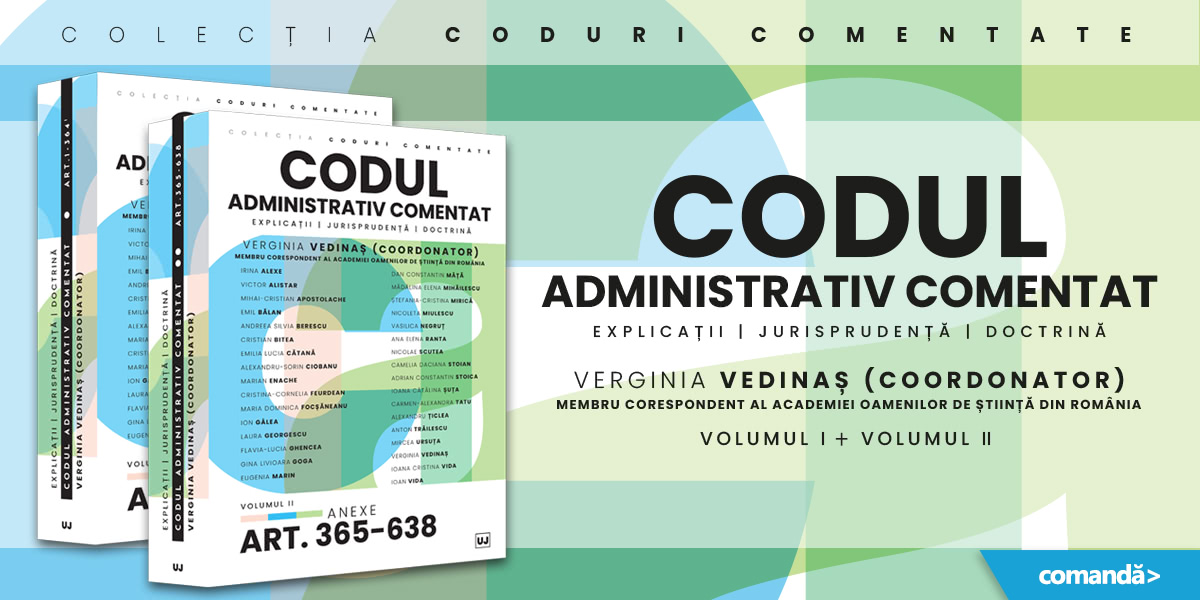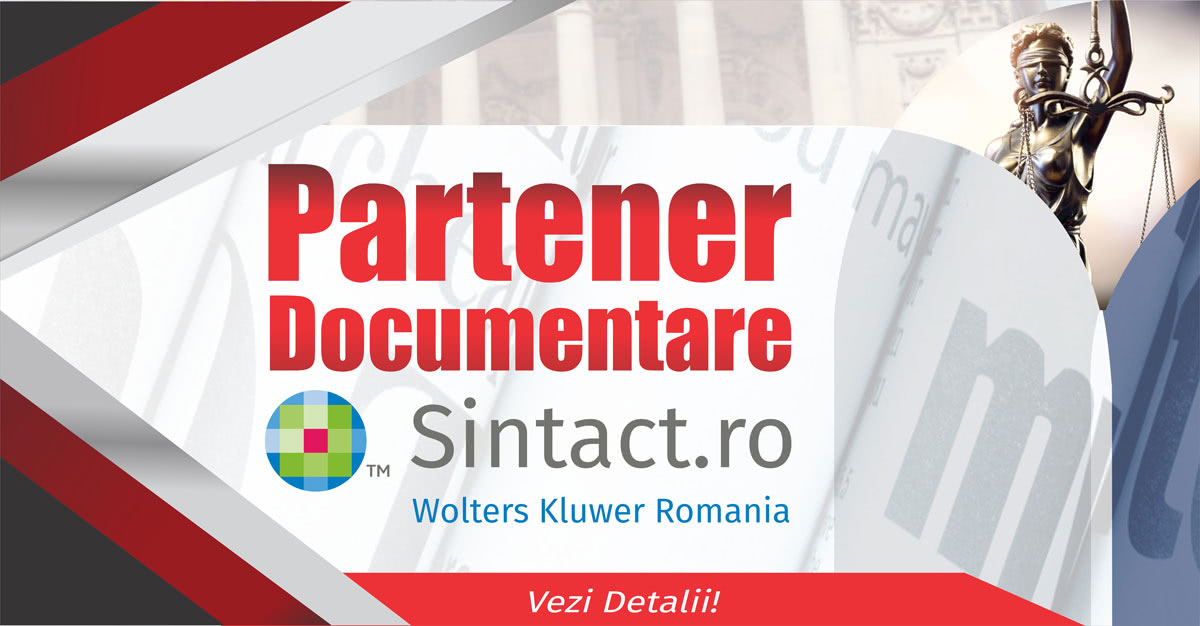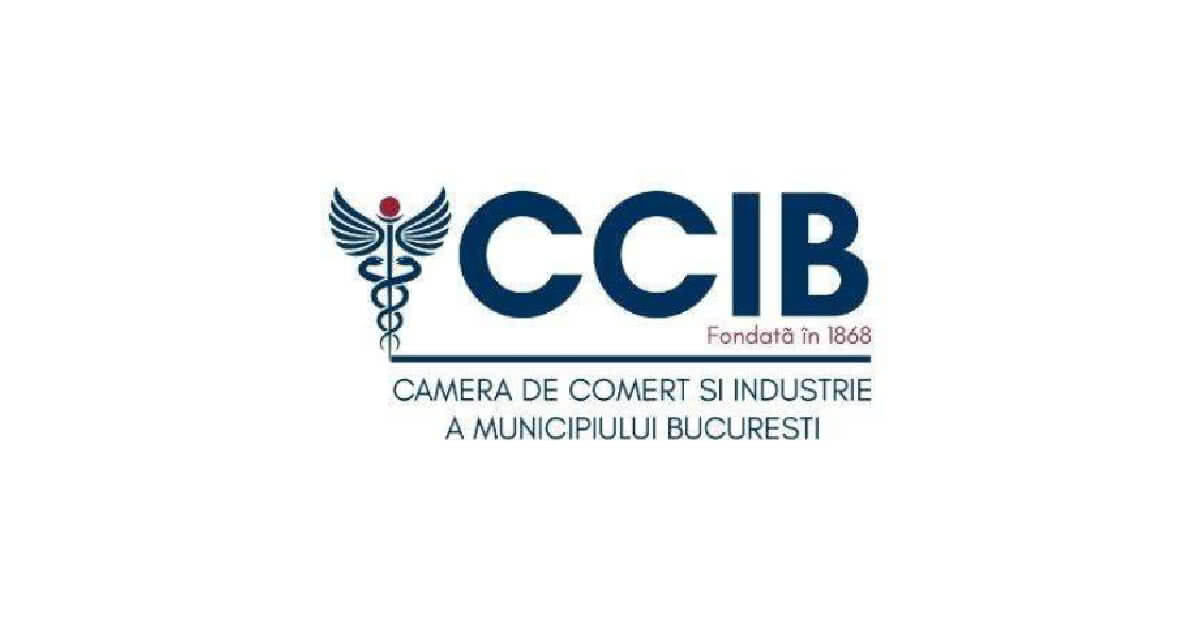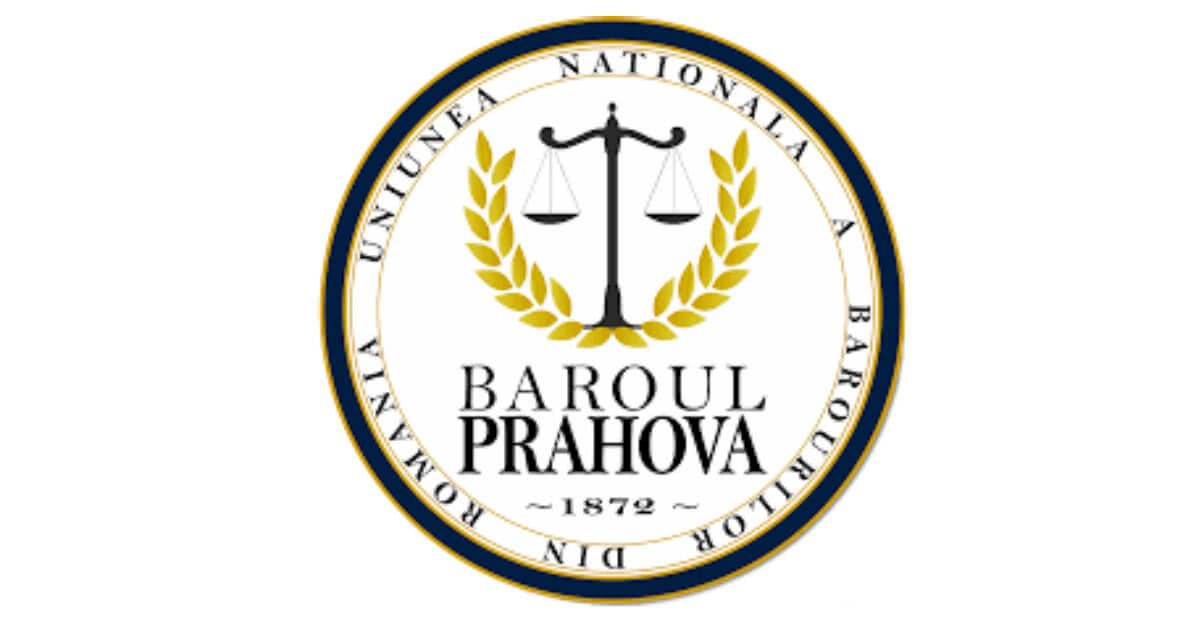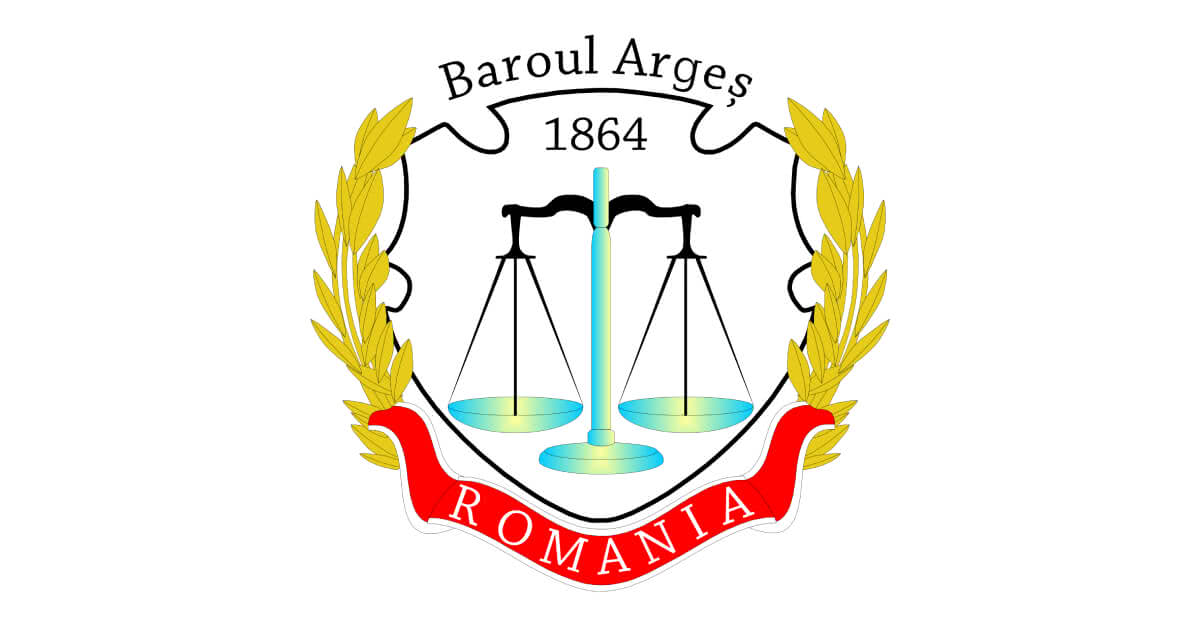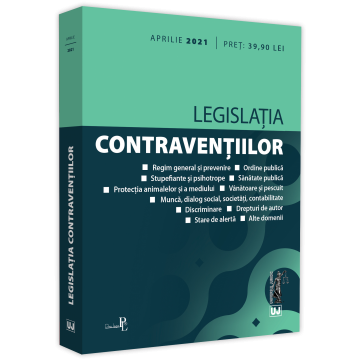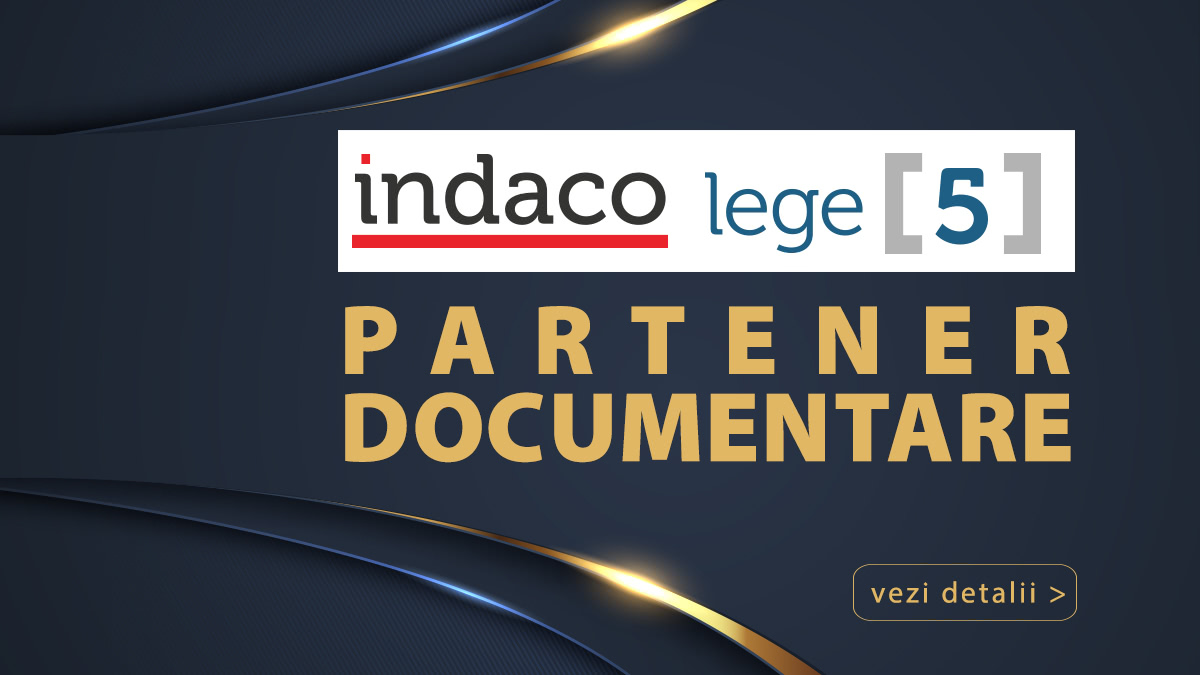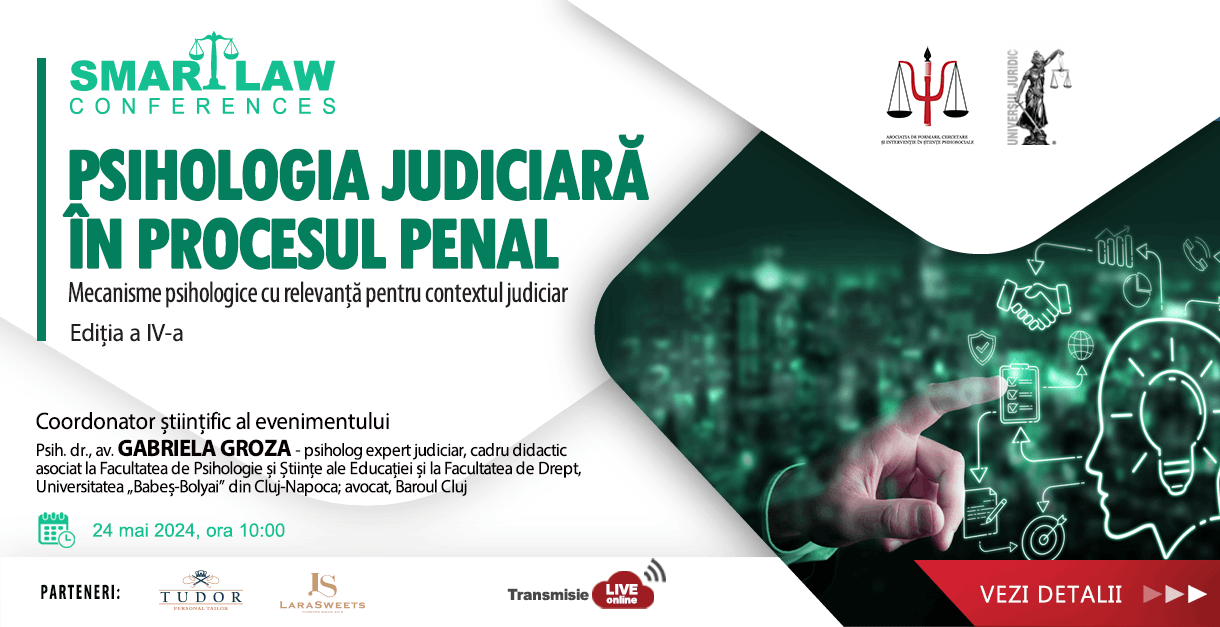International cooperation in the field of insolvency. A judicial perspective
Universuljuridic.ro PREMIUM
Aici găsiți informaţiile necesare desfăşurării activităţii dvs. profesionale.
Universuljuridic.ro PREMIUM pune la dispoziția profesioniștilor lumii juridice un prețios instrument de pregătire profesională. Oferim un volum vast de conținut: articole, editoriale, opinii, jurisprudență și legislație comentată, acoperind toate domeniile și materiile de drept. Clar, concis, abordăm eficient problematicile actuale, răspunzând scenariilor de activitate din lumea reală, în care practicienii activează.
Testează ACUM beneficiile Universuljuridic.ro PREMIUM prin intermediul abonamentului GRATUIT pentru 7 zile!
1. Introduction
As consequence of increasing transnational businesses and commerce, domestic laws have to deal with private international law (or conflicts of laws) on three aspects: the choice of forum, recognition and effects (enforcement) of the foreign judgments, the choice of law applicable to the matter.
On the evolution of international insolvency law, international influences ratified by treaties and conventions bring into domestic laws new principles to solve complex insolvency problems but may create tensions for national courts.
In this context, the international cooperation in the field of insolvency is a necessity and an actual issue for legislative bodies, judiciary and other specialists as well.
2. Why a judicial perspective?
Analyzing general aspects in cross-border insolvency proceedings, it was emphasized in a Judicial material related to the UNCITRAL Model Law the idea that, „in approaching his or her tasks, a judge has a perspective that is necessarily different from that of an insolvency representative”[1]. The learning that results from this distinction is that each category of specialists has a determined and important role in cross-border insolvency procedures, whose efficiency and performance can only be achieved through their real and permanent collaboration.
From this perspective, the aims of this paper are to foster a critical and comprehensive analyze of legislative provisions applicable in Romania in the matter of judicial cooperation in international insolvency cases; to analyze the current approach to the recognition and assistance of foreign proceedings; international cooperation where there are parallel insolvency proceedings in more than one jurisdiction; procedural issues and methods for solving them in cross-border insolvency. The study of international law and practice in Romanian jurisdiction will be made in conjunction with the European Insolvency Regulation, the Model Law on Cross-Border Insolvency and national legislation.
3. The applicable law to an international private law relation in the matter of insolvency
The main law governing insolvency proceedings in Romania is the Law no. 85/2014 regarding preventive insolvency proceedings and insolvency proceedings (the Insolvency Code), effective from 28 June 2014[2]. The Code of Civil Procedure contains provisions with respect to procedural issues relevant for insolvency domain[3].
The World Bank, examining the Romanian Insolvency Code, concluded that is a modern legal framework in the field of insolvency, but the practical results are not satisfactory, certain elements should be improved[4]. The Romanian Insolvency Code represents the unification of legislations for international insolvency proceedings. Title III „Cross-border insolvency” takes over, in an improved form, the dispositions of the Law no. 637/2002 applicable to legal relations with non-EU states and facilitates direct application of the Regulation (EC) 2015/848[5]. There are also rules of private international law and special laws regulating insolvency in the case of credit institutions and insurance companies.
The Law no. 151/2015 on insolvency procedures applicable to individuals (Law no. 151/2015) was published in the Official Journal no. 464 of 26 June 2015.
3.1. Private international law instruments applicable to relations with non-EU third States
The Model Law on Cross-Border Insolvency, adopted by UN General Assembly Resolution 52/158 of 15 December 1997, With the Guide to Enactment of the UNCITRAL Model Law on Cross-Border Insolvency (United Nations General Assembly, document A/CN.9/442, 19 December 1997[6], was recommended to be adopted by states as part of their domestic legislation. In 2004, UNCITRAL promulgated the Legislative Guide on Insolvency Law, and in 2009 the UNCITRAL Practice Guide on Cooperation, Communication and Coordination in Cross-Border Insolvency Proceedings[7].
The UNCITRAL Model Law on International Insolvency was the source of inspiration for Romanian law in the matter. These provisions are taken over and adapted in the Romanian Law, respectively in former Law no. 637/2002[8], and the actual Law no. 85/2014. The mentioned normative act represents the special law related to the provisions of the New Civil Code- Law 287/2009, articles 2557-2663on the regulation of the relations of private international law.
3.2. The European Union legislation
The Regulation (EC) no. 2000/1346 on insolvency proceedings applies to insolvency proceedings opened after its entry into force (31 May 2002) until 26 June 2017. After the entry into force, the Regulation replaces the conventions between two or more member states in the relations between the member states in the insolvency domain.
The Regulation (EU) 2015/848 of the European Parliament and the Council of 20 May 2015 on insolvency proceedings (the „Recast Regulation”, EIR) amending the EC Regulation 1346/2000 on insolvency proceedings entered into force from 25 June 2015 and it is applicable to relevant insolvency proceedings from 26 June 2017, with some exceptions[9]: article 86 (concerning the obligation of member states to provide a brief description of national insolvency law and procedures) applies from 26.06.2016; article 24 par. (1) on the establishment of insolvency registers, shall apply from 26.06.2018; article 25, on the interconnection of insolvency registers, shall apply from 26.06.2019. The Insolvency Regulation does not apply to insolvency proceedings concerning insurance companies, credit institutions, investment firms providing services involving the holding of funds or securities of third parties and undertakings for collective investment[10].
4. Jurisdiction in cross-border insolvency
Jurisdiction exercised by courts in insolvency is a crucial issue for international cooperation, and a subject matter for governments involved in the economic, the courts, scholars and general public. Rules on jurisdiction are found in almost every treaty, direct or indirect. It is essential to determine which courts may use which laws, how the interests in insolvency are protected. We can find rules established directly in international instruments or, indirectly through the principles and models described as rules on recognition.
The international jurisdiction of the Romanian courts is considered from a double aspect, as the international insolvency procedure originates in relations with foreign states in general or in relations with the member states of the European Union.
4.1. In relation to non-EU third States
Articles 273-311 of the Law no. 85/2014 regarding preventive insolvency proceedings and insolvency proceedings (the Insolvency Code), include provisions for the identification of the law applicable to international private law relations in insolvency domain, procedural norms in cross-border insolvency litigations and norms regulating the conditions to require or offer assistance in insolvency proceedings opened on the territory of Romania or of a foreign country.
The scope and application of the UNCITRAL Model Law
The UNCITRAL Model Law purpose is to provide procedural mechanisms to streamline cross-border insolvency procedures. In the UNCITRAL Model Law, article 1 (1) enumerates the purpose and the application of the Model Law. The UNCITRAL Model Law on Cross-Border Insolvency proposes that States should adopt its rules, in order to facilitate the coordination of insolvency proceedings and the recognition of foreign insolvency procedures applicable to non-EU cross-border insolvency proceedings.
There are four principles that constitute the foundation of the Model Law: the principle of „access“, the „recognition” principle, the „relief” principle, and the „cooperation and coordination” principle[11].
The „access” principle determines the conditions under which a foreign representative has the access to the court for recognition and relief. The „access principles”, in the Model Law meaning, describes the application made by a foreign representative of a debtor to the receiving court, with one of following purposes: commencing a procedure under the law of the receiving state; authorizing the participation of foreign representative in an ongoing procedure; obtaining recognition for seeking relief under the Model Law; intervening in any domestic proceeding to which the debtor is involved[12]. The principle is direct related to the notion of „foreign representative”. Article 2 d) UNCITRAL Model Law defines foreign representative as „a person or body, including one appointed on an interim basis, authorized in a foreign proceeding to administer the reorganization or the liquidation of the debtor’s assets or affairs or to act as a representative of the foreign proceeding”.
Some conditions have to be met and should be demonstrated by the foreign representative, to obtain access in the receiving state: the foreign proceeding is a judicial or administrative proceeding in other State, collective in nature, subject to control or supervision of a foreign court, for the purpose of liquidation or reorganization, an authorization in the foreign state was made for the application to act as a representative of a foreign proceeding[13].
* The article „Cooperare internațională în materia insolvenței. O perspectivă judiciară” is published in the Phoenix Insolvency Review no. 62/2017 (Partea I), https://www.unpir.ro/documents/phoenix/pdf/revista62.pdf; Phoenix no.63/2018 (Partea II), https://www.unpir.ro/documents/phoenix/pdf/revista63.pdf.
[1] UNCITRAL Model Law on Cross-Border Insolvency: The Judicial Perspective, UNITED NATIONS New York, 2012, pp. 6-8.
[2] Law no. 85/2014 on insolvency prevention and insolvency procedures was published in the Official Journal of Romania, Part I, no. 466 of 25 June 2014. The new Law has, to a large extent, the same content and structure as Emergency Ordinance no. 91/2013, therefore encompassing all the legal provisions on insolvency prevention and insolvency.
[3] The Romanian legal framework has recently undergone very significant changes: most importantly, the jurisdiction counts on a new Code of Civil Procedure and a new Civil Code, both of which interact significantly with the insolvency framework; New Civil Code- Law 287/2009, published in Official Bulletin no. 505/2011, in force from 1 October 2011; New Civil Procedure Code- Law 134/2010, republished in Official Bulletin no. 545/2012, in force from 15 February 2013.
[4] World Bank, Report on the observance of standards and codes insolvency and creditor/debtor regimes ROMANIA (ROSC), April 2014; The assessment was updated and revised by Dr. Irit Mevorach (Senior Counsel, World Bank; Task Team Leader) and Leif M. Clark (Senior Consultant, World Bank) under the general supervision of Vijay S. Tata (Chief Counsel), http://www.worldbank.org/content/dam/Worldbank/document/eca/romania/rosc/ICR%20-%20ROSC_English_version.pdf.
[5] Before that, the Romanian regulations in force were the Law no. 85/2006 on insolvency procedures, and Law no. 637/2002 regulating private international law relations in the field of insolvency. The Insolvency Code performs important modifications compared to the Law no. 85/2006 on the insolvency procedure, pursuing several key objectives and policies, a framework for cross-border insolvency, including recognition of foreign proceedings.
[6] The UNCITRAL Model Law on Cross-Border Insolvency with Guide to Enactment and Interpretation, United Nations, January 2014, is available to https://www.uncitral.org/pdf/english/texts/insolven/1997-Model-Law-Insol-2013-Guide-Enactment-e.pdf.
[7] For the UNCITRAL Legislative Guide on Insolvency Law (parts one and two, 25 June 2004; part three, 1 July 2010; part four, 18 July 2013), see http://www.uncitral.org/uncitral/en/uncitral_texts/insolvency/2004Guide.html; for the UNCITRAL Practice Guide on Cooperation, Communication and Coordination in Cross-Border Insolvency Proceedings see http://www.uncitral.org/pdf/english/texts/insolven/Practice_Guide_english.pdf.
[8] The Romanian Law No. 637/2002 in Title I, „Relations with Foreign States in general” adapted the provisions of the Model Law of UNCITRAL; Law no. 637/2002 entered into force on 1 July; the general principles of UNCITRAL Model Law included in the Law no.637/2002, were taken over in the subsequent Law no.85/2006 on insolvency procedures, and in the Law no. 85/2014 currently applicable.
[9] For the text of the Recast, see Regulation (EU) 2015/848 of the European Parliament and the Council of 20 May 2015 on insolvency proceedings (Recast), published in the Official Journal O.J. L 141/19 of 5 June 2015 (http://eur-lex.europa.eu/legal-content/EN/TXT/PDF).
[10] Regulation (EU) 2015/848, article 1 (2).
[11] Felicity Deane and Rosalind Mason, The UNCITRAL Model Law on Cross-border Insolvency and the Rule of Law, International Insolvency review, Volume 25, Issue 2, Summer 2016, pp. 146, http://onlinelibrary.wiley.com/wol1/doi/10.1002/iir.1252/full or http://uncitralrcap.org/wp-content/uploads/2015/12/Rule-of-Law-and-WGV-Insolvency.pdf.
[12] Discussed in UNCITRAL Working Group V, Insolvency Law, Judicial materials on the UNCITRAL Model Law on Cross-Border Insolvency, A/CN.9/WG.V/WP.97 Thirty-ninth session, Vienna, 6-10 December 2010, p. 10, https://documents-dds-ny.un.org/doc/UNDOC/LTD/V10/561/16/PDF/V1056116.pdf?OpenElement; see The Guide to Enactment of the UNCITRAL Model Law on Cross-Border Insolvency, paras.97-99, 100-102, 112-121; 168-172, http://www.uncitral.org/pdf/english/texts/insolven/1997-Model-Law-Insol-2013-Guide-Enactment-e.pdf.
[13] UNCITRAL Working Group V, Insolvency Law, Judicial materials on the UNCITRAL Model Law on Cross-Border Insolvency, A/CN.9/WG.V/WP.97 Thirty-ninth session, Vienna, 6-10 December 2010, pp.12, https://documents-dds-ny.un.org/doc/UNDOC/LTD/V10/561/16/PDF/V1056116.pdf?OpenElement; for definition of „foreign proceeding” , see UNCITRAL Model Law, article 2 (e).




